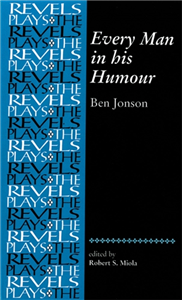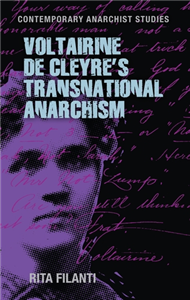FILI – Finnish Literature Exchange
FILI, founded in 1977, is a centre for the export of literature. FILI promotes the export of literature from Finland by facilitating professional contacts and serving as a “home base” for translators of Finnish literature. We deal with fiction, children’s and young adult books, non-fiction, poetry, comics and graphic novels written in Finnish, Finland-Swedish and Sámi. FILI serves as a support organisation for the export of literature, while publishers and literary agencies handle the sale of translation rights. FILI is a department of the Finnish Literature Society, and around 80% of our funding comes from public sources. FILI distributes approx. €700,000 in translation grants, travel grants and promotional grants for over 400 different projects annually organises Editors’ Week events for publishers to visit Finland from abroad participates in publishing trade fairs abroad acts as a focal point for translators of Finnish literature maintains a database of translations of Finnish literature published in other languages and collects data on translation rights sold abroad. You are welcome to contact us: if you want more information about our grants programmes (Grants Wizard) to let us know about a publisher abroad that’s interested in Finnish literature if you are a translator from Finnish/Finland-Swedish/Sámi and you’re not in our records yet to tell us about a new translation of a Finnish book that’s not in our database if you have questions about literary exports. Networks FILI constitutes part of the NordLit network, along with similar organisations from the other Nordic countries. We hold regular meetings together where we plan our future operations and joint projects. We have a shared Nordic presence at some publishing trade events, such as the London Book Fair. In 2015 NordLit had a joint Nordic stand at the Beijing International Book Fair and the Shanghai International Children’s Book Fair. In Finland, FILI is a member of the TAIVE network of arts information centres. Unlike Finnish information centres for many other artistic genres, FILI does not have a mandate or specific duties to perform here in Finland; instead, our focus is on activities outside Finland. Thus we refer to ourselves in Finnish as a literary export organisation.
View Rights Portal























